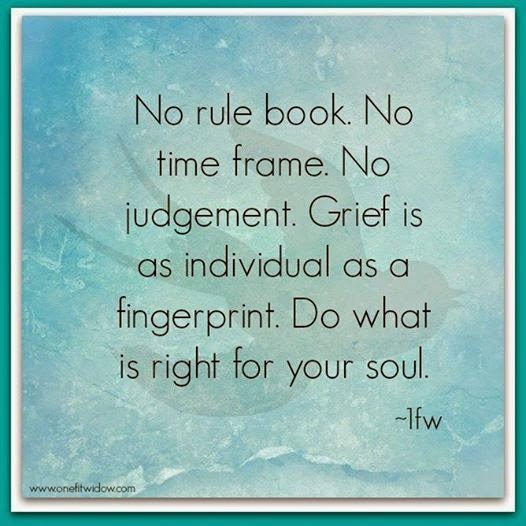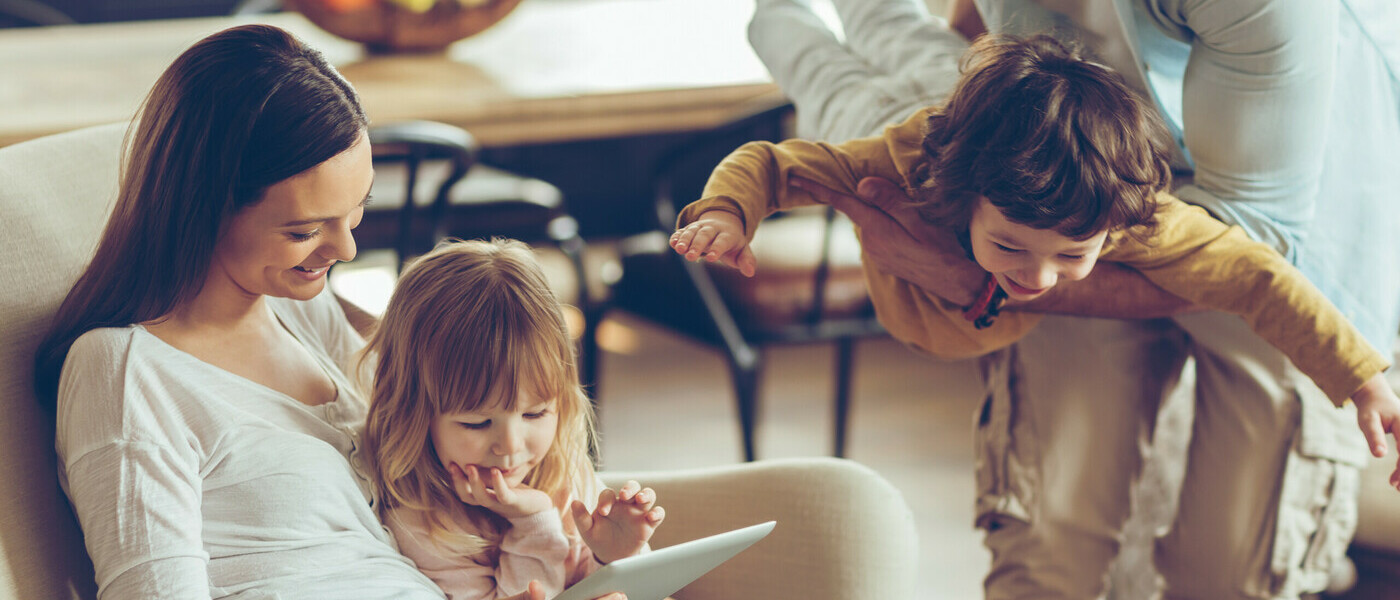How to Deal and Cope with Grief?

“You will not ‘get over’ the loss of a loved one; you will learn to live with it.”
– Elisabeth Kübler-Ross, Psychiatrist and founder of the five stages of grief
Dealing with grief and loss is one of life’s biggest challenges, and there is no right or wrong way to grieve. By understanding your grief feelings, you can find healthier ways to cope with your loss.
What are the five stages of loss and grief?
At some point in your life, you may have experienced grief. It is a very painful experience, and you might feel overwhelmed. That is normal. Understanding grief and its stages can be the first step in your healing journey. Dr. Elisabeth Kübler-Ross, a well-renowned psychiatrist, introduced the five most common stages of loss and grief.
- Denial
"This can’t be happening to me. This is not true."
Denial can initially help you survive a loss because it paces your grief feelings. Instead of becoming overwhelmed with loss, we stagger its full impact. This is your body’s way of saying, “hey, I can only handle this much right now.”
Aside from denial, your grief feelings at this stage might be:
- Shock
- Disbelief
- Numbness
Once the denial starts to fade, your healing process begins.
- Anger
“Why me? Why is this happening? Who is to blame? Life is not fair!”
You start to realize that this loss is actually happening. You might blame others or yourself. You might also redirect your anger to close friends and family.
You might also feel:
- Guilt
- Regret
- Fear
You see anger and other feelings attached to it as a “thing” to hold onto - this is a necessary part of your grieving process.
- Bargaining
“If the universe is listening, please stop this pain, and I will do anything in return.”
In this stage, you might believe you can avoid your grief through negotiation. If you change this, then you can change that.
Other feelings attached to this stage are:
- Searching for the truth
- Yearning for the loss
- Confusion
- Depression
“I am so sad to do anything.”
You withdraw from life and distance yourself from the people you usually talk to. You might live in a fog and not want to get out of bed.
You might also feel:
- Anxious
- Hopeless
- Panic
Please know that you don’t have to go through this grief alone. Many people care for you, and there are many mental health supports available in the community for you.
- Acceptance
“My loved one died, but I will be okay.”
Your emotions begin to stabilize. You come to terms with your “new” reality. You start to adjust and readjust your life. There are good days, bad days, and good days again. You understand that you can never replace your loved one, but you move, grow, and evolve into your new reality.

How to deal and cope with grief?
The grieving process looks different for everyone. There’s no right or wrong way to grieve, but there are healthy ways to cope with your loss.
Here are some things you can try to deal with a significant loss:
- Know which stage of grief you’re in and own your feelings
You can better understand yourself if you know what you are feeling. You might realize that you go from denial to anger and denial again. That’s okay and normal. What matters is you become aware of your feelings. A way to own your feelings is to say whatever you feel out loud. When you do this, that feeling loses its power, and you start to accept it fully.
-
Embrace the pain of the loss
This is something we naturally don’t want to do, yet it’s so essential for our healing process. Cry if you need to cry – it’s okay. Journaling, creative writing, and singing may help you to get your feelings out.
- Search for meaning
When someone you love dies, you naturally question the meaning of life. A part of you dies with your significant person, so it is normal to question life and the future. You can read a book, go for long walks, or attend retreat events to help you find answers to your questions.
- Share your feelings
You are not alone! Talk to someone you trust. That someone can be a close friend, a family member, or a mental health therapist. Sharing your grief with others can help you move forward.
Grief support
The Family Centre is here to support your grieving process. We can help you figure out the next steps of your healing journey through our Grieving Through Art Therapy Group. You will be surrounded by people experiencing loss and grief. In this therapy group, you get to process your grief by creating art. You can either draw, paint, or write a poem about your grief. No art experience is required.
Learn more about this Grieving Through Art Therapy Group on this web page.
Final thoughts
Whatever stage you are in your healing process, know that experiencing loss shows that you are capable of loving someone so much that even when they’re gone, your love still perseveres.
exclusively written for familycentre.org
by Jessica Tran
Additional supports:
Related articles:
What to Expect at Your First Counselling Session
